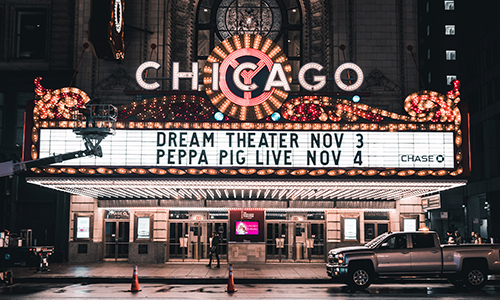Aotearoa is two weeks into its largest immunisation programme, with nearly 10,000 border workers vaccinated against Covid-19 so far.
After the 12,000-strong border workforce has received its first vaccinations, the next people in line for the jabs are their family members and household contacts.
These inoculations are expected to begin next week. Its estimated about 50,000 people are in this group.
The country’s Covid-19 vaccine roll-out began on February 20, with MIQ workers at the Jet Park hotel facility in Auckland offered the first jabs.
READ MORE:* Covid-19: New Zealand beating Australia’s vaccination rates with 9000 doses given* ‘I feel like a superhero’: Christchurch border workers get Covid-19 vaccinations* Covid-19: Vaccine roll-out officially begins, with border workers getting jabs* Covid-19: First batch of vaccines given in NZ, with 25 health workers getting jabs* Covid-19: Special syringes secured for vaccine rollout, despite global shortage
Since then, at least 9431 people have received their first doses of the Pfizer/BioNTech vaccine. More than 70 per cent of those 6688 people had been delivered in the Auckland region, Government figures from midnight Tuesday show.
Megan Main, the Ministry of Business, Innovation and Employment MIQ deputy secretary, said in a statement on Saturday that they were proud of the people doing the right thing by stepping up and being a part of the first phase of the roll-out.
Drew Faiva pictured being vaccinated against Covid-19, in Auckland on February 20, 2021.
Border and MIQ workers know that they are at the frontline of New Zealands defence against Covid-19. Thanks to their commitment and hard work we are helping protect New Zealanders from the virus, she said.
In areas like Nelson and Marlborough, the smaller workforce meant household contacts were vaccinated at the same time as workers, Covid-19 Response Minister Chris Hipkins said on Wednesday.
Ikemoke Tamaki-Takaeri pictured receiving his Covid-19 vaccine.
Joint head of MIQ, Brigadier Jim Bliss said the start of the Covid-19 vaccination rollout was a big milestone in New Zealands fight against the virus.
Offering the vaccine to our border and MIQ workers and those they live with will provide a critical additional line of defence to keep them, their whnau and our communities safe and well, and help prevent Covid-19 from spreading into our communities, he said.
Its an extra layer to help protect all New Zealanders against Covid-19. Getting vaccinated is key to locking in the gains we have made and protecting our hard-won freedoms.
It includes frontline workers such as ambulance staff, people in GP clinics and coronavirus testers.
Following the vaccination of household contacts, the next people in line for the jabs are frontline health and emergency staff of which about 57,000 people are estimated to be in this group.
The general population is not expected to receive their jab before the second half of the year.
So far, the vaccine rollout in New Zealand is ahead of schedule, and vaccination rates this week were even slightly ahead of Australia’s.
This week, the third batch of the Pfizer vaccine touched down in Auckland, bringing the total number of doses currently available in the country to 200,000.
The Pfizer vaccine is a two-dose vaccine, and the doses are given about three weeks apart.
New Zealand has secured 1.5 million doses of the Pfizer vaccine in total enough for 750,000 New Zealanders. It also has prepurchase agreements for three other Covid-19 vaccines: Janssen, the University of Oxford/AstraZeneca, and Novavax.
Dawn Tamati pictured receiving her Covid-19 vaccination.
To date, 14 district health boards across the country are rolling out the immunisation programme to border and MIQ workers that includes, Auckland, Bay of Plenty, Canterbury, Capital and Coast, Counties Manukau, Hawkes Bay, Lakes, Nelson/Marlborough, Northland, Southern, Tairwhiti, Taranaki, Waikato, and South Canterbury.
The next vaccination update from the Government will be on Wednesday March 10, and this will include updated vaccination numbers.
According to the World Health Organisation, it was a landmark week for the United Nations-backedCOVAX initiative, with more than 20 million doses of vaccine now delivered to 20 countries.
In the next week, COVAX is expected to deliver 14.4 million doses to a further 31 countries.
Recent Posts
- The Solar System is positively lousy with magnetic fields. They drape around (most of) the planets and their moons, which interact with the system-wide magnetic field swirling out from the Sun.
- Pregnant people cannot register for a Covid-19 vaccine prior to 14 weeks’ gestation.
- Mikel Arteta was not consulted over Arsenal’s decision to appear Amazon’s All or Nothing documentary this season
- Singapore should embrace openness and equip the people with the experience and skills to succeed, said Mr Heng.. Read more at straitstimes.com.
- Down on an atomic level, glass is a jumbled mess of atoms, which makes it easily prone to distortion and cracking. Now, chemists have discovered how to arrange the atoms within glass in such a way, the resulting material can even rival the strength o

